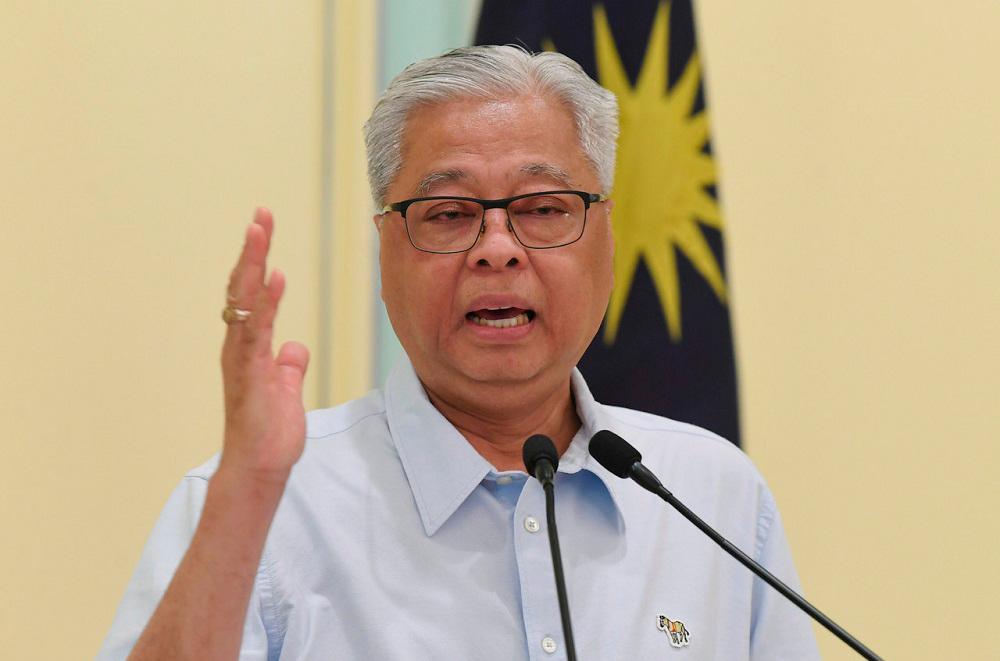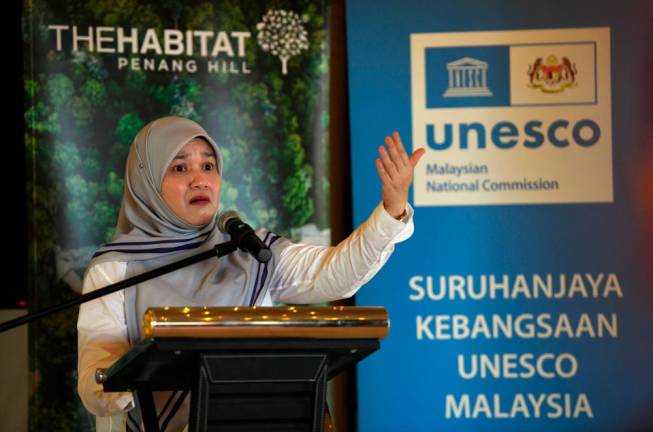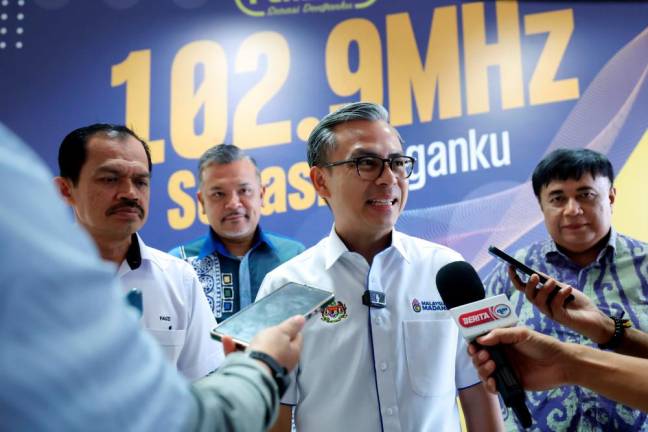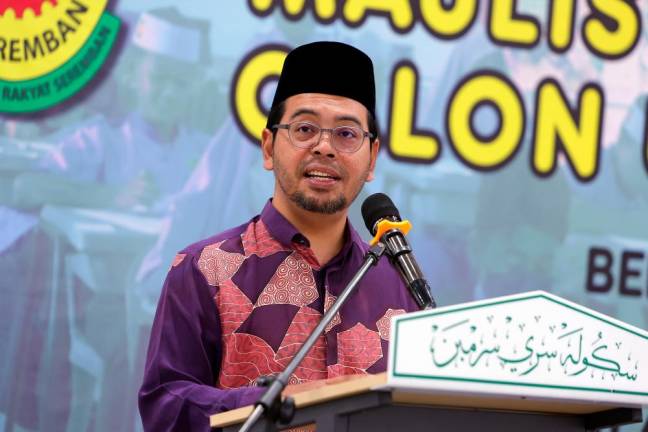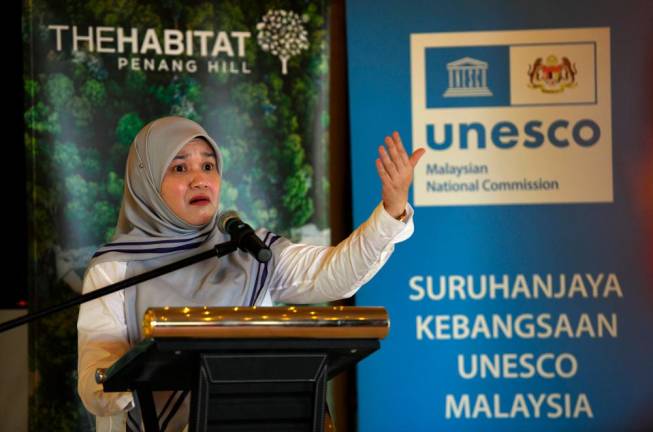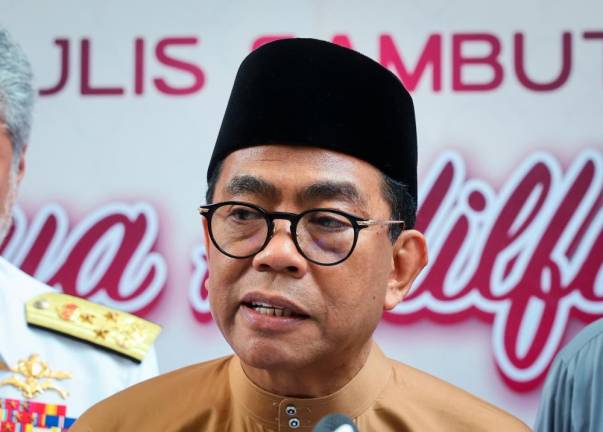PETALING JAYA: Umno vice-president Datuk Seri Ismail Sabri Yaakob’s (pix) signals of a more inclusive approach is seen as a positive step, not only for the party but the whole country.
In what is seen as a departure from his usual stance, he said the variety of cultures and beliefs that exist must be celebrated as Malaysia is a multicultural society.
On Wednesday, he called for Umno to learn from past mistakes and rebuild the party’s strength by standing united in facing an increasingly challenging political landscape ahead of the 15th general election.
Universiti Malaya political analyst Assoc Prof Dr Awang Azman Awang Pawi told theSun that Ismail Sabri’s position towards unity and call to avoid political discord is to ensure that the party strengthens its internal ties.
“This is because there are efforts by certain parties to try to break Umno, causing it to be weak,” he said yesterday.
He noted that parties such as PKR have long adopted an inclusive approach towards unity and focused on it to strengthen the party and offer a narrative of consensus.
“Other parties need to participate in the promotion of healthy politics and be able to strengthen the unity of all,” said Awang Azman.
Malaysian Council of Professors senior fellow Dr Jeniri Amir believes this is a pragmatic approach to ensure Umno is seen in a positive light as well as the way forward for Malaysia.
“Unity among various ethnic groups is paramount to move forward and is important for political parties to gain support from the various ethnic groups,” he said.
Jeniri suggested political parties do not focus on a particular ethnic group because our country is not built as such.
“This is the way forward, there are no two ways about it since one ethnic group cannot control the country.”
Umno needs to shift towards the middle to ensure support in the next elections, he added.
Jeniri said Umno has learned from its mistakes and is becoming more pragmatic in its approach, which is needed in a multi-ethnic country such as Malaysia.
“Other parties have no choice but to follow this approach in order to remain relevant,” he said.
Meanwhile, another political scientist believes that taking a moderate stand is different from promoting racial unity.
Dr Wong Chin Huat said political unity is incompatible with a multiparty democracy as what the country needs is healthy division and competition, where parties compete over which has the better ideas and is most able.
“In healthy competition on ideas and policies, whichever party wins, the people win.
“In toxic competition on ethnicity and religion, whichever party wins, the people lose,” he said.
He added that even if Umno’s disowning of a communal approach is superficial or merely temporary, it is still positive as it reduces differences and legitimises diversity.
“Before the Sheraton Move, parties such as Umno and PAS took a hardline stand on ethnic issues to discredit the previous government to secure its Malay nationalist base,” said Wong.
But now, with Umno taking on Parti Pribumi Bersatu Malaysia and possibly PAS, Wong believes that going more hardline would be costly rather than rewarding.



